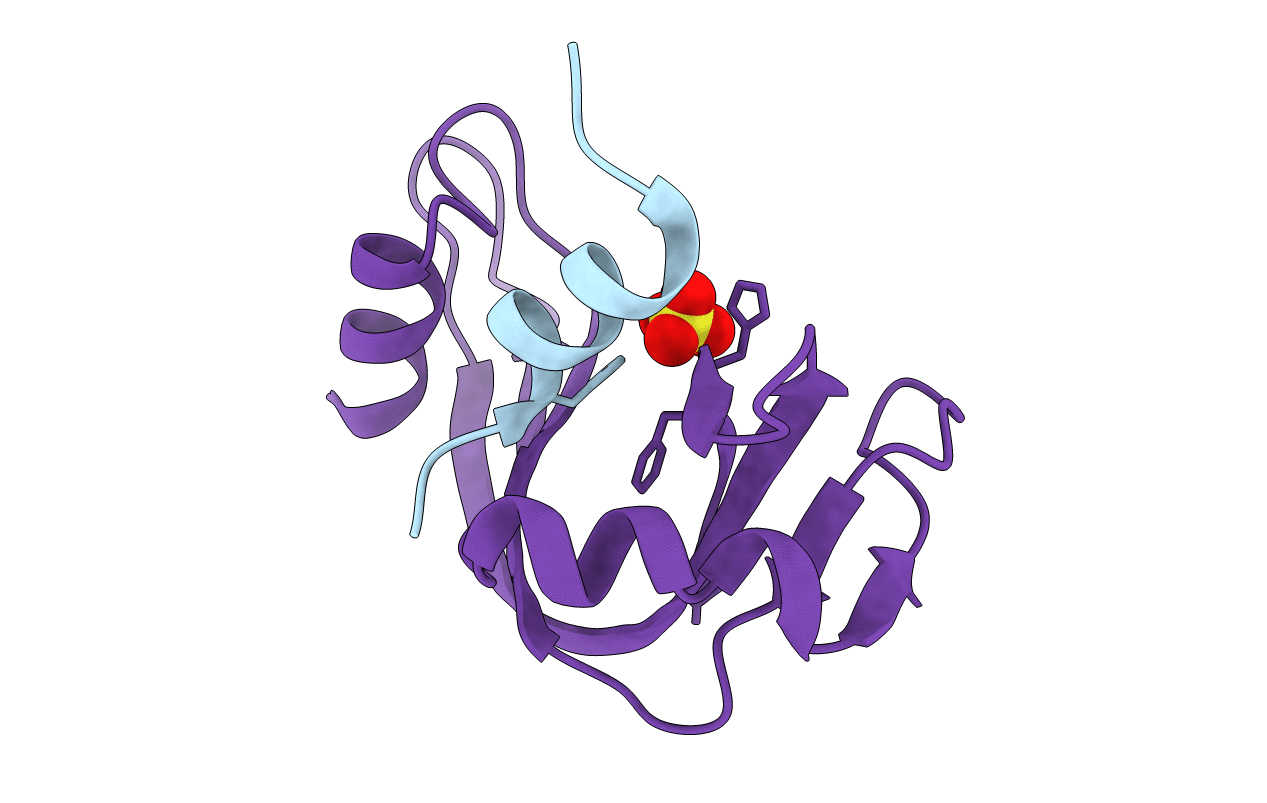
Deposition Date
2001-05-19
Release Date
2001-06-06
Last Version Date
2024-10-30
Method Details:
Experimental Method:
Resolution:
2.10 Å
R-Value Free:
0.28
R-Value Work:
0.21
R-Value Observed:
0.21
Space Group:
P 31 2 1


